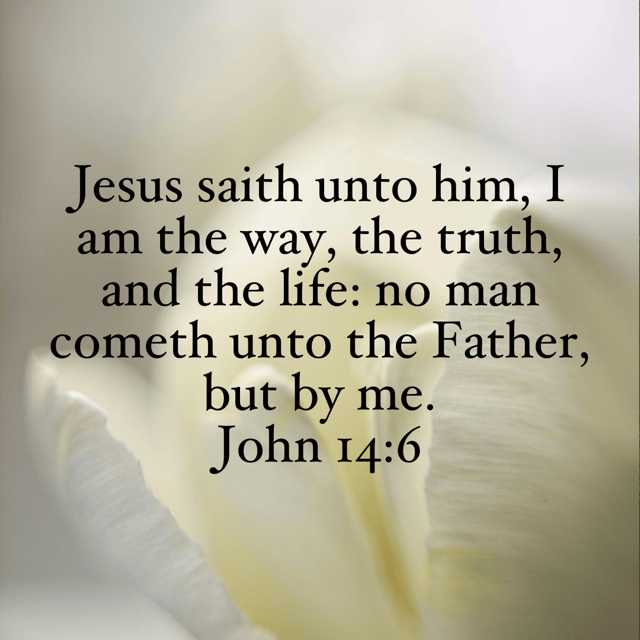I will share about Christian books I have read or listened to.
I will be sharing about my life before and after Christ. I will include stories about my pet and other pets I have encountered.
The Church is God’s Sacred Space
In Old Testament stories, God designated sacred spaces for His people to meet with Him.
First, God planted a garden in Eden—a beautiful space in paradise for His prized creations. Next, the tabernacle was a portable space in the wilderness for the Israelites who’d been rescued from Egyptian slavery. Then, the temple was a permanent space in Jerusalem for the people of Israel.
In all instances, these were places of worship, as well as tangible signs of God’s presence.
The Creator of everything that exists can’t be confined to a garden, a tent, or a building, but it was in those sacred spaces where heaven and earth could overlap.
Because a holy God loves sinful people, we have a separation problem. That’s why priests were appointed as representatives—mediators for things like worship, sacrifices, and atonement. And though it worked for a while, it was only a temporary solution.
But when Jesus showed up, He not only fulfilled the Old Testament prophecies and temple purposes, but He also bridged the gap. No longer was there a need for a temple made of wood or stone, but of flesh and blood. No longer was there a need for endless sacrifices, because Jesus, the ultimate high priest, had provided the ultimate sacrifice—Himself. Finally, God’s Spirit could now dwell with and inside of His people, the new and improved “temple.”
That’s why Paul asked the Corinthians:
“Do you not know that you are God's temple and that God's Spirit dwells in you?”
1 Corinthians 3:16 ESV
We serve a God who meets people where they are: in the garden, in the wilderness, in the temple, in themselves.
So if you’re a follower of Christ, remember: You are the place where His Spirit now dwells. You are the vessel in which He lives and moves and works and empowers. You are the place where heaven has crashed into earth.
“Then all Israel gathered themselves to David unto Hebron, saying, Behold, we are thy bone and thy flesh. And moreover in time past, even when Saul was king, thou wast he that leddest out and broughtest in Israel: and the LORD thy God said unto thee, Thou shalt feed my people Israel, and thou shalt be ruler over my people Israel. Therefore came all the elders of Israel to the king to Hebron; and David made a covenant with them in Hebron before the LORD; and they anointed David king over Israel, according to the word of the LORD by Samuel. And David and all Israel went to Jerusalem, which is Jebus; where the Jebusites were, the inhabitants of the land. And the inhabitants of Jebus said to David, Thou shalt not come hither. Nevertheless David took the castle of Zion, which is the city of David. And David said, Whosoever smiteth the Jebusites first shall be chief and captain. So Joab the son of Zeruiah went first up, and was chief. And David dwelt in the castle; therefore they called it ...
















